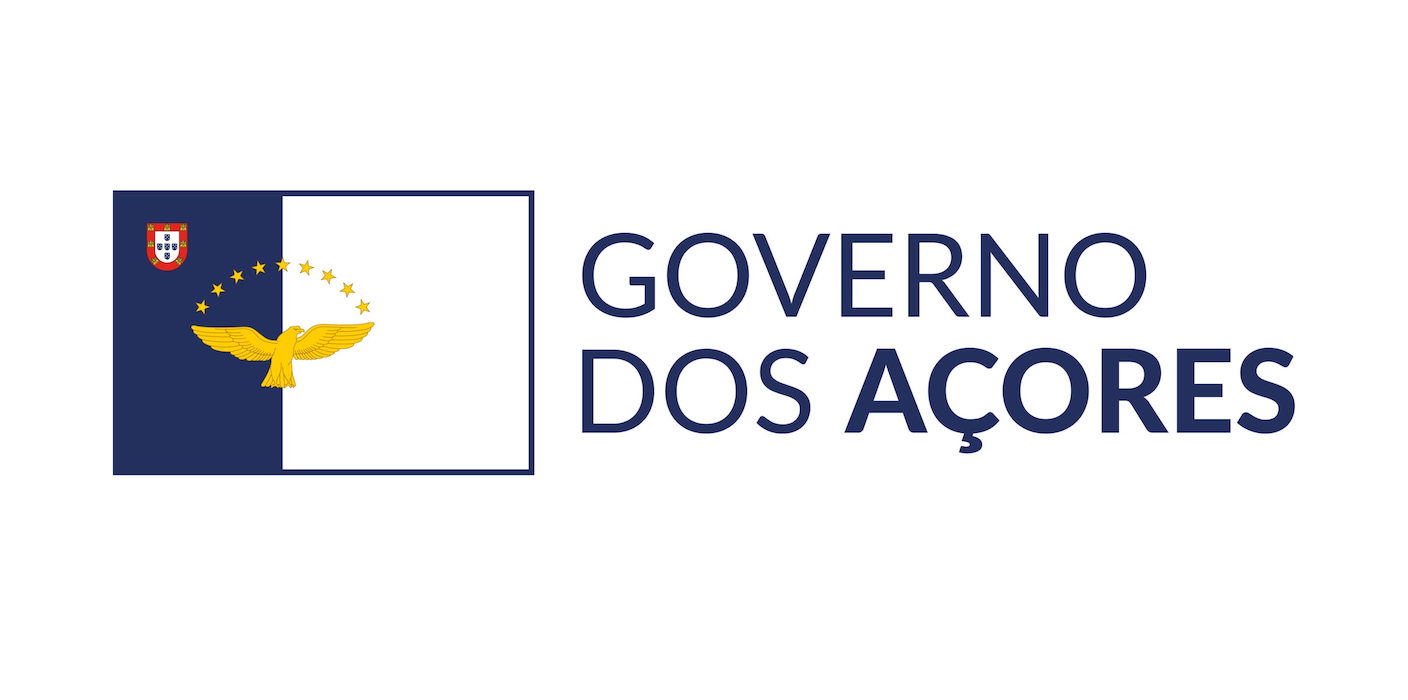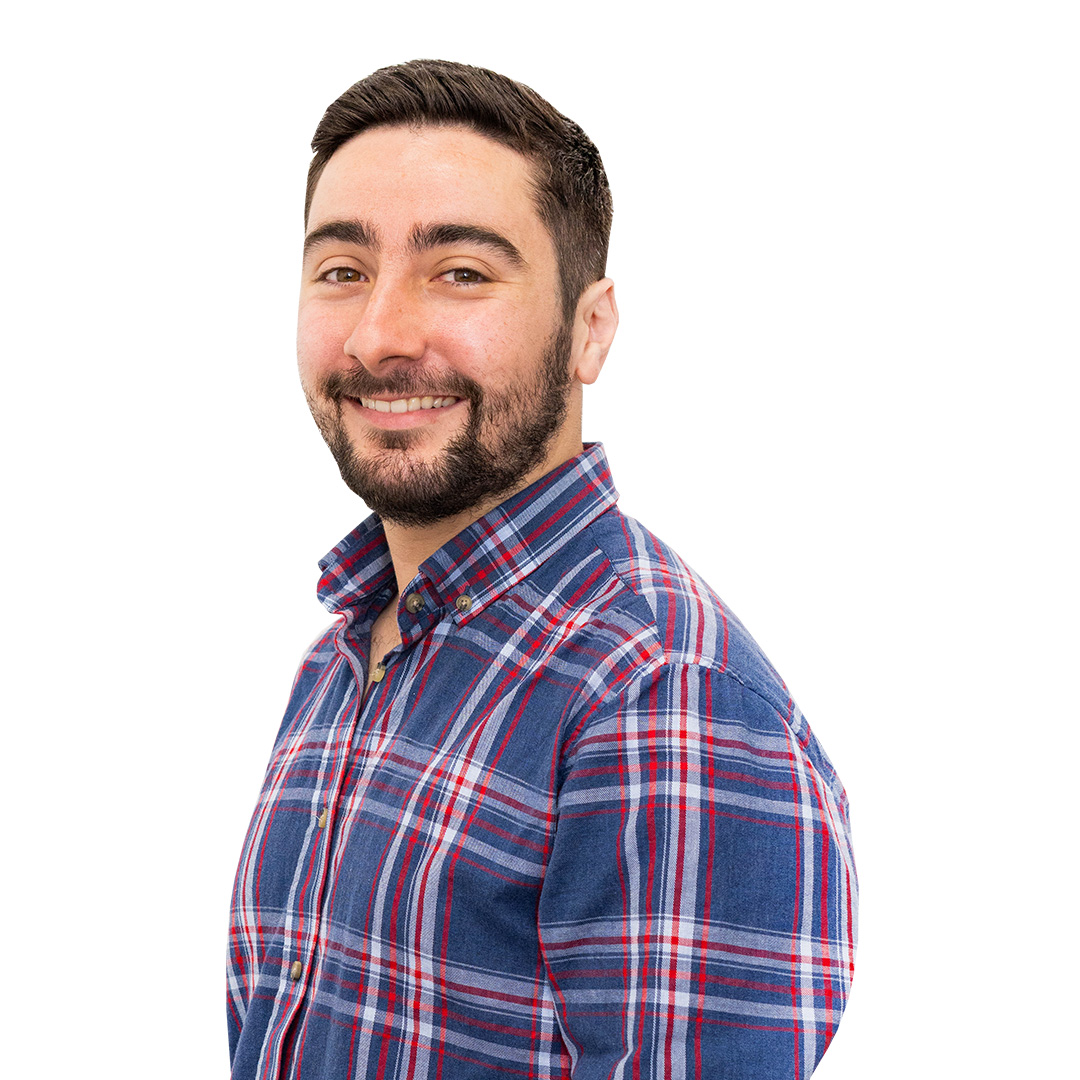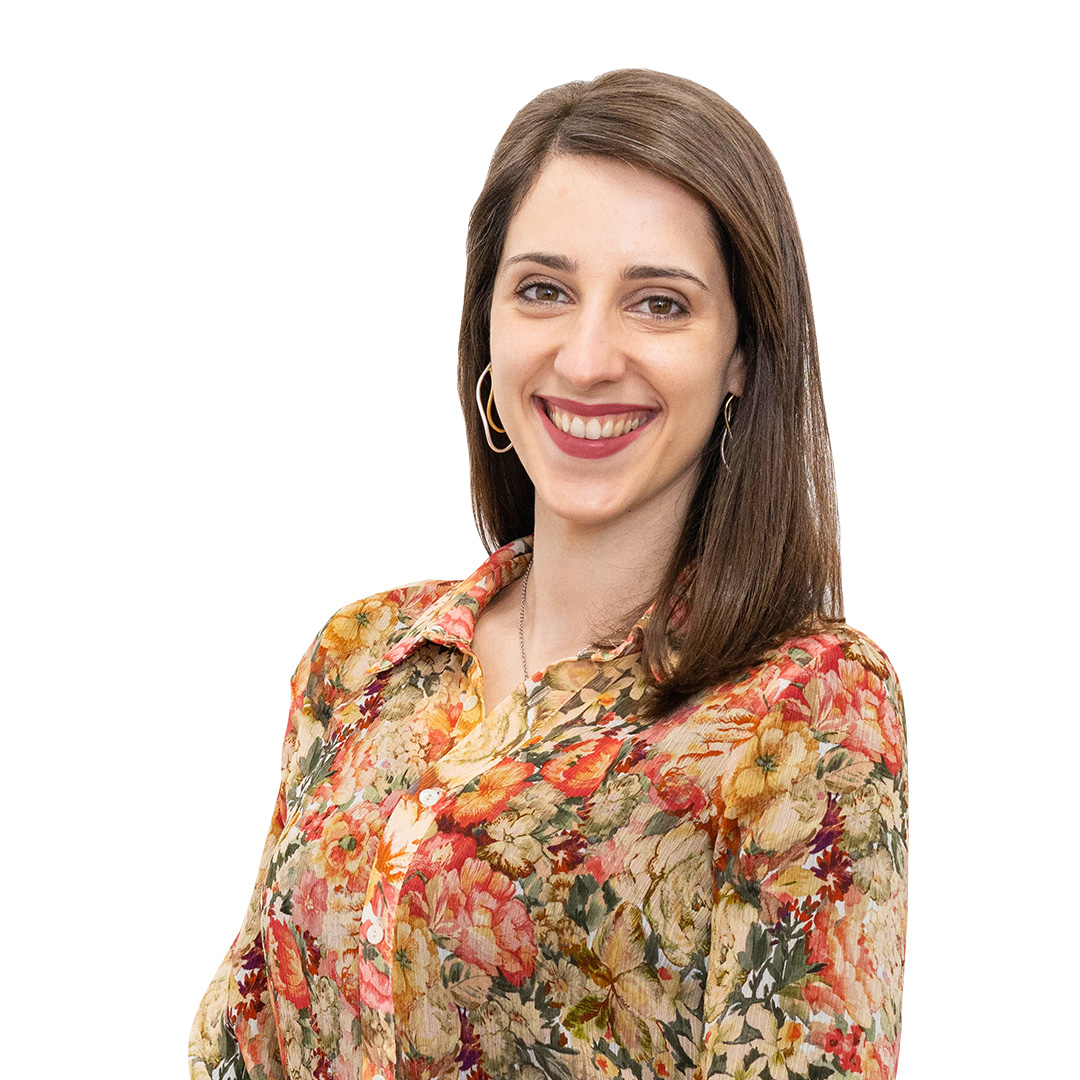
| Acronym: | M1.1.C/C.S./031/2021/01 escuto.te |
| Cost Center: | 1097 |
| Operation Code: | M1.1.C/C.S./031/2021/01 |
| Title: | I hear you: childhood voices between philosophy and politics |
| Start-End: | 14-02-2022 - 11-09-2024 |
| Entidade Beneficiária Principal: | Fundação Gaspar Frutuoso |
| Gestores da FGF: | Gonçalo Goulart, Paula Oliveira |
| Responsible Researcher: | Magda Eugénia Pinheiro Brandão Costa Carvalho Teixeira |
| Organic Units: | FCSH - Faculdade de Ciências Sociais e Humanas |
| R&D Units: | NICA - Núcleo Interdisciplinar da Criança e do Adolescente |
| Entidade | Montante |
|---|---|
| Direção Regional da Ciência e da Tecnologia (100.0 %) | 17.000,00 € |
Main Objectives:
GENERAL OBJECTIVE:
- welcome and study how children's voice and listening are the first stage of their participation in environments that directly concern them.
SPECIFIC OBJECTIVES:
- present Philosophy as a critical opportunity to reclaim children's own thinking and the need to defend the importance of their voices in all environments in which they find themselves;
- promote critical readings of discourses and practices about childhood;
- to promote, at UAc, high-level investigative dynamics, integrating Master's students in the activities allowed by a funded project;
- study some impacts that listening to children can trigger on the way educators, teachers and other pedagogical mediators relate to them;
- adopt methodological approaches that integrate children as researchers in the contexts they intend to study;
- experience processes and relationships between the actors, mapping in different ways the collective of forces involved and recording the constitution of unique experiences that become possible;
- to form a diversified transdisciplinary team through senior and junior researchers;
- create work dynamics that combine experience and innovation;
- enable children, educators and teachers residing in different social and geographical contexts to access the opportunities created by a funded research project, while at the same time enhancing the research carried out in the RAA internationally;
- truly integrate children into educational discourses and practices that directly concern them, starting with the very way in which the project is conceived.
Project Description:
The project escuto.te is based on the Masters in Philosophy for Children, from the University of the Azores (UAc), an innovative program in the panorama of specialized training nationally and internationally, which in the last 6 years has brought together students, teachers and specialists from various countries around the intersections between philosophy and childhood. As an investigative infrastructure, NICA (UAc) has promoted research and dissemination activities in the area, fostering the pioneering spirit of the RAA in Philosophy for/with Children and Philosophy of Childhood. Thus, the UAc today has a qualified group of researchers in different geographical and educational contexts, reaffirming Philosophy as an opportunity to claim the importance of listening to children and the need to promote different expressions of their voices.
The approximation between philosophy and childhood is an innovative educational line, constituting an internationally disseminated movement and an area of study of great projection. It is intended to assume the specificity of UAc's work in this area and, based on voice and listening, to think about a re-signification of educational relationships. Understood as a mark of a plural singularity that takes place in a collective space, the voice communicates and constitutes the subject who speaks. It is, therefore, essential to think about its political potential as a critical resistance against massification and the manipulation of thought in the public space. On the other hand, listening is a specific way of relating to others, in a permanent attention to what is created and reverberates whenever someone speaks. To listen is to attend to what is not immediately and permanently accessible (as happens with vision), to what each one has to fulfill in the shared space of intersubjectivities and to what each one is (beyond what they verbalize).
Contrary to a vertical dynamic of communication and looking for the project to be the body for what it intends to study, methodologies will be adopted in which the voice of all those involved, especially children, will be considered. It is not intended to investigate about childhood or for childhood, but with childhood. Thus, the presence of philosophy in Pre-School Education and 1st Cycle of Basic Education is an opportunity for significant involvement and a privileged space and time for the re-signification of childhood.
It is intended to bring together a group of researchers who promote different philosophical activities with children (in different geographical and cultural points) where voice and listening are cartographically explored as political practices in (and of) childhood. From there, priority areas of their school experiences will be identified, encouraging a critical look at discourses and practices through diversified activities and languages. At the same time, formal and informal movements will be rehearsed in which these voices can resonate and affect institutional environments, transforming them into a source of knowledge and viable and legitimate decisions.



